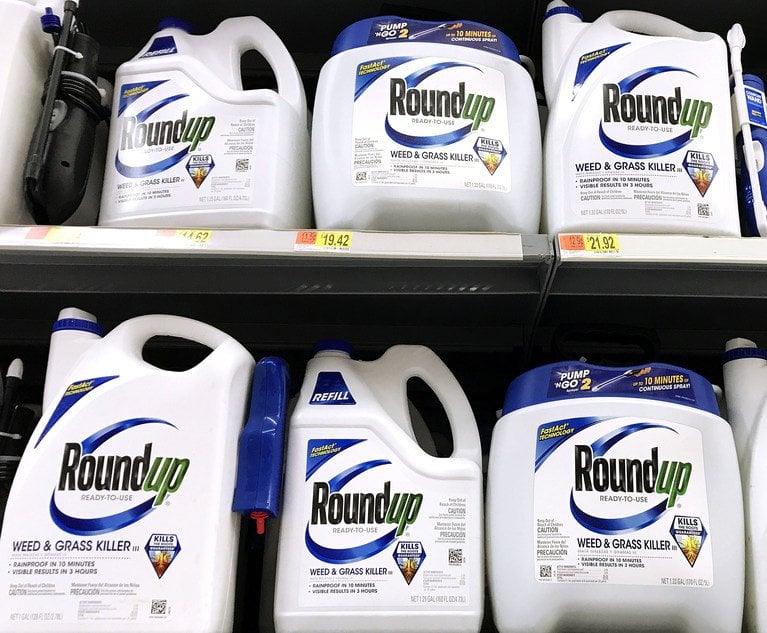This is even more true because businesses usually use the OEHHA approved “safe harbor” label to avoid enforcement actions. The court ultimately issued a preliminary injunction barring the filing of new lawsuits by the state and any private enforcer seeking to enforce Prop. 65 against businesses that do not warn about acrylamide. However, this did not affect Notice of Violation filings, and multiple Notices of Violation have been filed through May 24th alleging acrylamide in plantain chips, corn kernels, bread sticks, cookies and cereal, to name a few. The ruling does not alter existing consent decrees, settlements or other agreements. However, the food space is constantly changing and businesses must walk the tight rope of meeting their compliance obligations while assuring customers that their products are safe and wholesome for consumption.
The takeaway from these updates is that Prop. 65 compliance is always convoluted, nuanced and oppressive for businesses. An experienced Prop. 65 lawyer can help minimize risk and decrease costly penalties and fees.
Anne Marie Ellis is a senior counsel at Buchalter, focusing on product liability defense, personal injury litigation, commercial litigation, premises liability, regulatory compliance and client counseling.


 Anne Marie Ellis of Buchalter. Courtesy photo
Anne Marie Ellis of Buchalter. Courtesy photo




